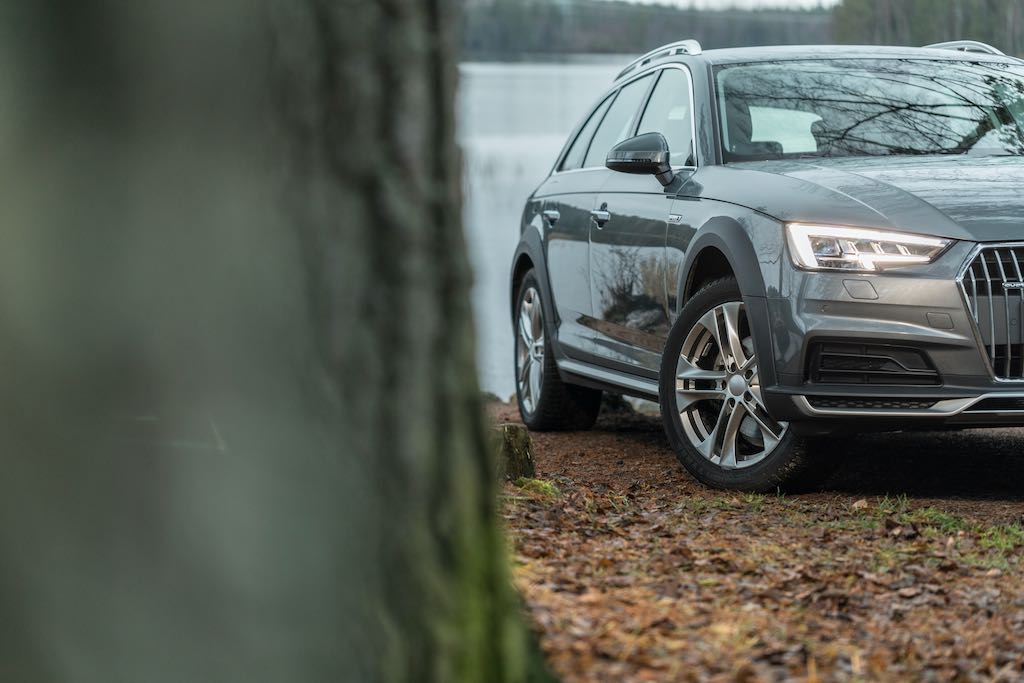When in the market for an all-year-round tire, you will need to decide whether all-weather tires or all-season tires are the better options for you. The main difference between the two is that the all-weather tires allow use even in the winter, which is only needed if the area where you live experiences snow and ice in the winter. Many regions in the United States have mild weather throughout the year, so in that case, all-weather tires would not be necessary. The all-weather tires hold the “Three Peak Mountain Snowflake” emblem, which signifies they have met the required performance criteria in snow testing. The 3PMSF emblem is the same emblem held by winter tires and indicates that they have both passed the same testing.
All-season tires are great flexible tires for areas with mild weather. You would think that the all-season tires should be great in all seasons, including winter; however, this is not the case. The only tires that can actually handle all the seasons are the all-weather tires which are good in all different types of weather, as the name states. So why get all-season tires if the all-weather tires can handle any season? The all-season tires don’t have an aggressive tread pattern and are more suitable for all-around driving, whereas the all-weather tires, which can handle wider temperature ranges and snow and ice, make them the jack of all trades. With all-season tires not needing to meet winter conditions, they can have a less aggressive tread, allowing for better performance during the warm season.
Rolling resistance, however, is also affected by other things such as tire dimensions. It is always important to follow the manufacturer’s recommended tire dimensions to guarantee your car’s best performance and achieve the best gas mileage. Car models requiring that call for tire dimensions of 215/70R16 would require either 215/70R16 all-season tires or 215/70R16 all-weather tires.
All-season tires and all-weather tires allow for the flexibility of keeping on a set of tires throughout the year. Both offer the flexibility of handling different kinds of weather, with the all-weather tires having the additional possibility to handle snow and ice. Did you know that all-weather tires are actually a hybrid between winter tires and all-season tires? They are also made of special rubber compounds that can tolerate large temperature ranges, which allows them to perform equally well in winter, spring, summer, or fall. On the other hand, the all-season tires are not made to be used in temperatures below freezing.
The weather conditions where you live will help guide you on whether to invest in all-season tires or all-weather tires. With many good-quality tires on the market, it is important to take the necessary time to shop around. There have been many new innovations in recent years, making all-weather tires and all-season tires an excellent all-around tire with great handling and comfort.
For more information on all-weather and all-season tires, visit https://www.nokiantires.com/
